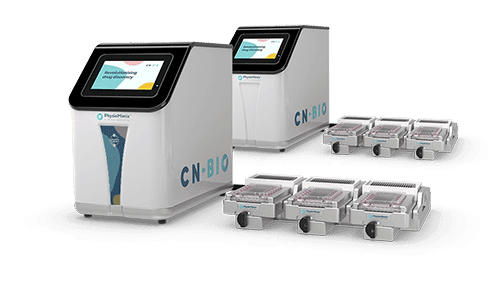London, UK, February 15 2018: In an article published in Nature Communications scientists at Imperial College London have demonstrated how pathogens interact with human organ mimics.
The Organ-on-Chip technology used for the studies was an artificial liver – originally developed at MIT and biotechnology company CN Bio Innovations. The Imperial team tested its response to hepatitis B virus infection.
The researchers hope the technique will provide a better understanding of the resulting disease and improve the development of new treatments.
Dr Marcus Dorner, lead author from Imperial’s School of Public Health, said: “This is the first time that organ-on-a-chip technology has been used to test viral infections. We hope it will ultimately drive down the cost and time associated with clinical trials, which will benefit patients in the long run.”
Chronic Hepatitis B affects over 257 million people worldwide. Development of a cure has been slow because of the limitations of current model systems in which potential therapies can be tested.
The Imperial team showed that the liver-on-a-chip technology could be infected with hepatitis B virus at physiological levels and had similar biological responses to the virus as a real human liver, including immune cell activation and other markers of infection. In particular, this platform uncovered the virus’s intricate means of evading inbuilt immune responses – a finding which could be exploited for future drug development.
For more information visit www.cn-bio.com
*3D microfluidic liver cultures as a physiological preclinical tool for hepatitis B virus infection’ by A. M. Ortega-Prieto, J. K. Skelton, S. N. Wai, E. Large, M. Lussignol, G. Vizcay-Barrena, D. Hughes, R. A. Fleck, M. Thursz, M. T. Catanese & M. Dorner is published in Nature Communications.
About CN Bio Innovations
CN Bio Innovations develops devices that boost the precision and speed of biological research. By predicting the effects chemical and biological substances will have on human organs, researchers can fast-track improvements in healthcare.
In the past 4 years CN Bio has worked on more than 25 projects with pharmaceutical partners, using the company’s Organs-on-Chips and related microfluidic devices to gather precise, human-relevant data.
CN Bio is also collaborating with the US Food and Drug Administration’s (FDA) Center for Drug Evaluation and Research. FDA and CN Bio are using CN Bio’s Organs-on-Chips as a platform for drug development and regulatory evaluation, including safety testing prior to new drugs entering clinical trials.
CN Bio is backed by prestigious grant awards from sponsors including the US Department of Defense and Innovate UK. Spun out from the University of Oxford, the company is collaborating with and developing intellectual property from the Massachusetts Institute of Technology and Vanderbilt University.
In 2017, cell-culture technology developed at Vanderbilt and being commercialized by CN Bio won a R&D 100 Award, being recognized as one of the most technologically significant products introduced into market that year.
Enquiries
Susan McQuillan
[email protected]
+44 (0) 1707 358739

